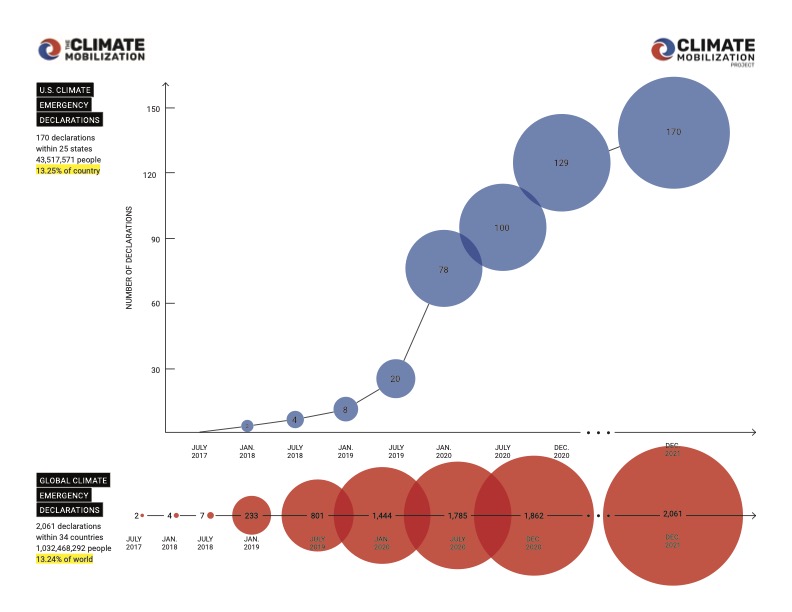In the U.S., Mississippi and Tennessee are experiencing devastating flooding after receiving 400% of normal rainfall. The Arctic shattered record high temperatures, reaching 70 degrees fahrenheit this past week. This is a Climate Emergency.
Australia: Climate Emergency Summit
Amidst the lingering devastation of unprecedented bushfires that have swept the nation, Dr. Margaret Klein Salamon, founder and executive director of The Climate Mobilization, spoke at the Climate Emergency Summit in Melbourne, Australia on February 14 and 15. The summit brought together over 2,000 intellectuals, private sector leaders, government officials, and organizers to explore how to facilitate an emergency-speed climate transition in Australia and across the globe.
Margaret shared her perspective as a psychologist, talked about the role of democracy in mobilization, and challenged the culture of profit and extraction that has created our crisis. Margaret’s speech was a call to action — “If humanity’s two choices are to transform or to collapse, the only rational, moral choice is to immerse yourself in the struggle to protect all life.”
By the numbers
Total US declarations of Climate Emergency: 87 declarations within 23 states
Current active Climate Emergency campaigns in the US: 113
Percent of Americans who believe that climate change is the most important issue facing society: 56%
Percent of Americans experiencing “eco-anxiety”: 68%
Number of young conservative American voters who say that climate change is an important issue: 77%
Mobilization notes
Developers are adapting to the demand for all-electric new construction, even in places where government protections don’t yet make it a requirement. Though the trend toward all-electric new construction does not address the issue of electrifying millions of existing structures in the US and beyond that cook and heat with fossil fuels, it points to widening awareness and interest in “green” housing. Increased popularity of electrification will aid the overall transition, if and when the large-scale systems changes are implemented by law.
Further Reading
Read about small success stories from local governments looking to make good on Climate Emergency declarations, as well as struggles to find concrete ways to act. From Reuters: Cities experiment with big ideas to confront ‘climate emergency’.
From Prince Edward Island, Canada, The Climate Mobilization’s Research and Publications Director Laura Berry speaks about democracy and climate solutions.
From Common Dreams, children’s singer and advocate Raffi Cavoukian writes in support of World War II scale mobilization to save humanity and the natural world.
Along with everyone else, we’re waiting to see what Jeff Bezos does with his $10 billion Bezos Earth Fund. We don’t trust many billionaires, but we hope to be surprised.
Middle and high schoolers from Sunrise Movement held a teach-in in DC this week targeting Senate members who do not support the Green New Deal. Children as young as 13 were arrested for their participation in the action.
Net Zero is Not Zero
We’re delighted and hopeful to hear so much discussion of lowering emissions and cutting carbon in the news. Even a year ago it was hard to find calls for “getting to zero.” Perhaps predictably, however, many current efforts touted as solutions are misleading. Several bills before Congress, as well as state and city governing bodies, use the term “net-zero,” meaning that emissions will be permitted, so long as they are offset by natural or artificial means of drawing carbon back out of the atmosphere or capturing the carbon at the point of emission and keeping it sequestered.
This way of calculating transition efforts makes space for questionable accounting of carbon offsets, and delays the urgent, comprehensive solutions we must put in place. The climate emergency demands action that addresses the root causes of the threat we face. To restore a safe climate for communities across the globe, we must both eliminate greenhouse emissions as well as safely draw down excess carbon from the atmosphere as quickly as possible — 2050 is far too late.

















